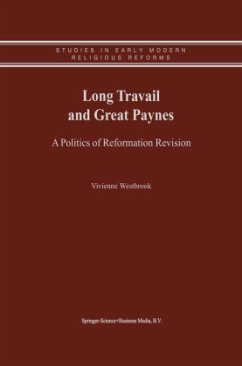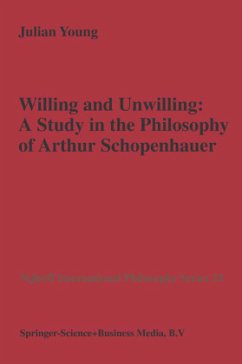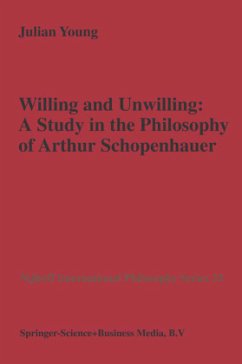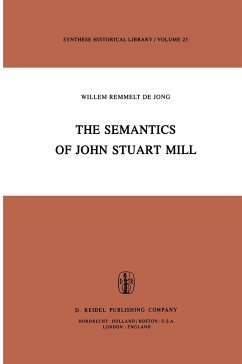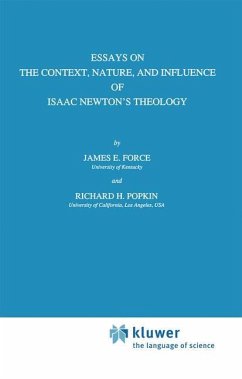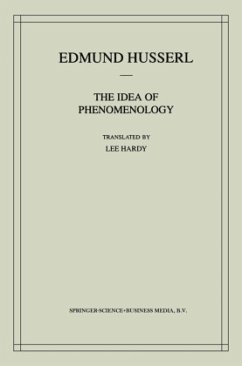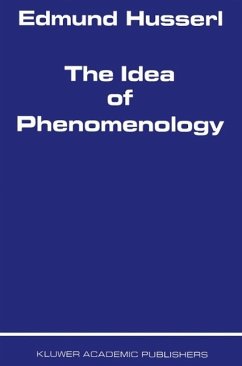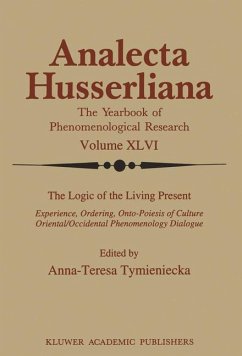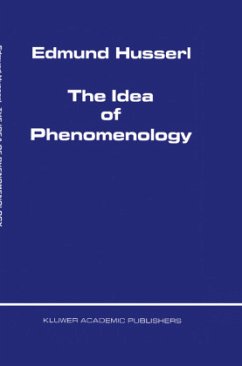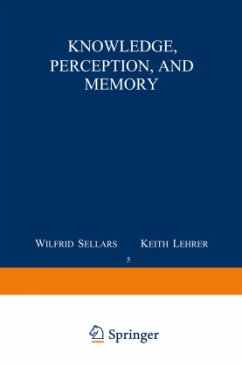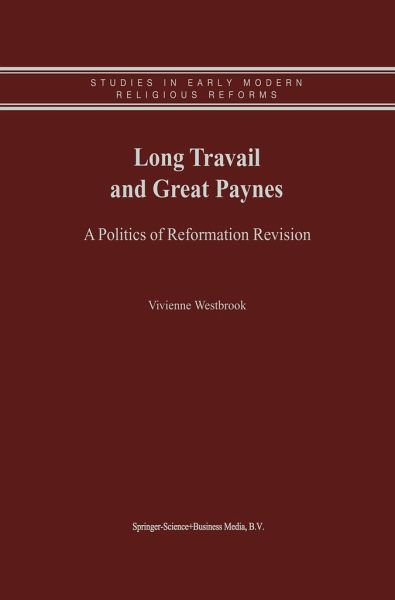
Long Travail and Great Paynes
A Politics of Reformation Revision
Versandkostenfrei!
Versandfertig in 1-2 Wochen
77,99 €
inkl. MwSt.
Weitere Ausgaben:

PAYBACK Punkte
39 °P sammeln!
Some of England's most fascinating Renaissance texts have been forgotten by historians, literary critics and theologians alike. The earliest printed Bibles in the English language provide an astonishingly rich resource for interdisciplinary studies in the 21st century. Long Travail and Great Paynes is a close textual analysis of seven texts that for a wide range of reasons, but no good ones, have been reduced to paratextual entries in general histories of the English Bible. Through extensive collations of her own, Westbrook uncovers the work of seven Renaissance Bible translator-revisers and a...
Some of England's most fascinating Renaissance texts have been forgotten by historians, literary critics and theologians alike. The earliest printed Bibles in the English language provide an astonishingly rich resource for interdisciplinary studies in the 21st century. Long Travail and Great Paynes is a close textual analysis of seven texts that for a wide range of reasons, but no good ones, have been reduced to paratextual entries in general histories of the English Bible. Through extensive collations of her own, Westbrook uncovers the work of seven Renaissance Bible translator-revisers and argues forcefully for a new agenda to replace the outmoded and inappropriate one of evaluating Renaissance Bibles according to the extent of their influence on the 1611 King James Authorised Version. Every sixteenth-century text reflects something of the historical dynamic in which it was created, and English Renaissance Bibles, with their ever-changing text and paratext, have their own unique stories to tell.





